Weekly roundup of local and international climate change news for the week of Oct. 7 to Oct. 13, 2024.
Published Oct 12, 2024 • 13 minute read

Here’s all the latest news concerning the climate crisis, biodiversity loss, and the steps leaders are taking to address these issues.
In climate news this week:
• Questions raised about role of Vancouver mayor’s adviser in controversial natural gas vote
• Vancouver construction industry asks council to reconsider natural gas policy reversal
• B.C. Election 2024: Where does each leader stand on climate change?
• Climate change boosted Milton’s deadly rain and wind
Advertisement 2
THIS CONTENT IS RESERVED FOR SUBSCRIBERS ONLY
Subscribe now to read the latest news in your city and across Canada.
- Unlimited online access to articles from across Canada with one account.
- Get exclusive access to the Vancouver Sun ePaper, an electronic replica of the print edition that you can share, download and comment on.
- Enjoy insights and behind-the-scenes analysis from our award-winning journalists.
- Support local journalists and the next generation of journalists.
- Daily puzzles including the New York Times Crossword.
SUBSCRIBE TO UNLOCK MORE ARTICLES
Subscribe now to read the latest news in your city and across Canada.
- Unlimited online access to articles from across Canada with one account.
- Get exclusive access to the Vancouver Sun ePaper, an electronic replica of the print edition that you can share, download and comment on.
- Enjoy insights and behind-the-scenes analysis from our award-winning journalists.
- Support local journalists and the next generation of journalists.
- Daily puzzles including the New York Times Crossword.
REGISTER / SIGN IN TO UNLOCK MORE ARTICLES
Create an account or sign in to continue with your reading experience.
- Access articles from across Canada with one account.
- Share your thoughts and join the conversation in the comments.
- Enjoy additional articles per month.
- Get email updates from your favourite authors.
THIS ARTICLE IS FREE TO READ REGISTER TO UNLOCK.
Create an account or sign in to continue with your reading experience.
- Access articles from across Canada with one account
- Share your thoughts and join the conversation in the comments
- Enjoy additional articles per month
- Get email updates from your favourite authors
Sign In or Create an Account
or
Article content
Human activities like burning fossil fuels and farming livestock are the main drivers of climate change, according to the UN’s Intergovernmental Panel on Climate Change. This causes heat-trapping greenhouse gas levels in Earth’s atmosphere, increasing the planet’s surface temperature.
The panel, which is made up of scientists from around the world, has warned for decades that wildfires and severe weather, such as B.C.’s deadly heat dome and catastrophic flooding in 2021, would become more frequent and more intense because of the climate emergency. It has issued a “code red” for humanity and warns the window to limit warming to 1.5 C above pre-industrial times is closing.
Catastrophic wildfires, like the one earlier this year in Jasper, are becoming worse because, although usually started by lightning or human activities, heat waves and drought are drying out vegetation and making it easier for fires to start and spread, according to the Canadian Climate Institute.
For example, during the eight days of the 2021 heat dome in B.C., the number of wildfires rose from six to 175, with fires that spread during that time consuming nearly 79,000 hectares, including the entire town of Lytton.
Advertisement 3
Article content
But it’s not too late to avoid the worst-case scenarios. According to NASA climate scientists, if we stopped emitting greenhouse gases today, the rise in global temperatures would begin to flatten within a few years. Temperatures would then plateau but remain well-elevated for many centuries.
Check back every Saturday for more climate and environmental news or sign up for our Climate Connected newsletter HERE.
Climate change quick facts:
• The Earth is now about 1.2 C warmer than it was in the 1800s.
• 2023 was hottest on record globally, beating the last record in 2016.
• Human activities have raised atmospheric concentrations of CO2 by nearly 49 per cent above pre-industrial levels starting in 1850.
• The world is not on track to meet the Paris Agreement target to keep global temperature from exceeding 1.5 C above pre-industrial levels, the upper limit to avoid the worst fallout from climate change including sea level rise, and more intense drought, heat waves and wildfires.
• On the current path of carbon dioxide emissions, the temperature could increase by as much as 4.4 C by the end of the century.
• In April, 2022 greenhouse gas concentrations reached record new highs and show no sign of slowing.
• Emissions must drop 7.6 per cent per year from 2020 to 2030 to keep temperatures from exceeding 1.5 C and 2.7 per cent per year to stay below 2 C.
• 97 per cent of climate scientists agree that the climate is warming and that human beings are the cause.
By signing up you consent to receive the above newsletter from Postmedia Network Inc.
Article content
Advertisement 4
Article content
(Source: United Nations IPCC, World Meteorological Organization, UNEP, NASA, climatedata.ca)

Latest News
Questions raised about role of Vancouver mayor’s adviser in controversial natural gas vote
Vancouver’s surprise decision this summer to allow natural gas heating in new buildings was the culmination of behind-the-scenes discussions that included Mayor Ken Sim’s senior adviser, David Grewal, who is director of two private natural gas companies.
The mayor’s office says it is confident Grewal’s roles with his businesses “do not in any way interfere with his duty at the city.”
But some who opposed the policy reversal on natural gas say Grewal should have recused himself from the discussions, which included meeting with a registered lobbyist for Fortis, B.C. biggest natural gas supplier.
“It’s not even a question that he should have recused himself,” Green Coun. Adriane Carr told Postmedia News. “There’s a lot of concern right now about people’s trust in politicians and government decisions, so in any case, you should err on the side of caution.”
Green Coun. Pete Fry said “it’s incredibly important and appropriate” for the public to get clarity about how Grewal’s business interests outside city hall relate to his work in the mayor’s office.
Advertisement 5
Article content
Vancouver’s code of conduct says that staff members engaging in outside employment or business must ensure it will not conflict nor appear to conflict with their official duties.
—Dan Fumano
Vancouver construction industry asks council to reconsider natural gas policy reversal
Dozens of Vancouver construction industry leaders have sent a letter calling on city council to reverse its plan to start allowing natural gas heating in new buildings.
The builders are responding to Vancouver council’s surprise decision in July to direct staff to amend city bylaws to enable natural gas for heating and hot water in new construction, reversing a policy approved in 2020 by the previous council with the aim of reducing carbon pollution. During the recent meeting, the ABC council members who supported the policy reversal said it was intended to speed up housing construction and improve affordability.
But a group of builders is now asking council to reconsider their position before the amended bylaws come back for final adoption later this fall.
Advertisement 6
Article content
“While Vancouver is clearly suffering from a housing affordability crisis, this is not the result of the current emissions limits for new buildings,” says the letter, which was sent Oct. 4 and signed by 40 names, including presidents, principals, and partners of Vancouver-area construction, design, architecture and development firms.
“The construction or development costs and schedule are determined by far more dominant factors, such as financing terms and rates, permitting times and fees, development cost charges, labour, material and equipment cost and availability, land values, and a variety of other factors that render the financial impact of emissions limits insignificant in most cases,” the letter says. “The cost to rent or purchase a home is dictated by the market (supply vs. demand) and not by construction or development costs.”
—Dan Fumano

Vancouver Greens call for transparency, more info on natural gas vote
Vancouver’s Green city councillors are calling for more transparency and better decision-making at city hall after a Postmedia News story raised questions about the outside business interests of Mayor Sim’s senior adviser and his involvement in a controversial shift on natural gas policy.
Advertisement 7
Article content
In a surprise move in July, Vancouver’s ABC-majority council narrowly voted to allow natural gas for heating and hot water in new buildings, reversing a policy established in 2020 by a previous council to reduce greenhouse gases.
Postmedia reported that ABC Vancouver Mayor Ken Sim’s senior adviser, David Grewal, was involved in discussions around the city’s natural gas policy, including meeting with a lobbyist for Fortis, B.C.’s largest natural gas supplier, while simultaneously serving as a director of two privately held Vancouver-based natural gas companies.
Grewal has declined requests for comment. The mayor’s office has said it’s confident Grewal’s roles with his businesses “do not in any way interfere with his duty at the city,” and the policy change’s affect on his firms will not be large.
But some, including non-ABC councillors, believed Grewal should have recused himself from such discussions.
Green councillors Adriane Carr and Pete Fry have announced their intention to introduce two motions later this month, before city staff provide proposed bylaws allowing natural gas for adoption. The motions seek more information about the implications of such a policy shift and transparency around lobbying at city hall.
Advertisement 8
Article content
—Dan Fumano

B.C. Election 2024: 12 hot topics and where each party stands
Wondering who to vote for in the 2024 B.C. election? READ HERE for brief summaries of where the B.C. NDP, Conservative Party of B.C. and Green Party of B.C. stand on 12 major issues, and highlights of what they are promising British Columbians.
On climate change:
B.C. NDP: NDP leader David Eby would end the provincial carbon tax on consumers, if Ottawa removes the legal requirement to have one. The NDP says it will work with partners to preserve critical, at-risk areas of biodiversity, and will commit to protecting 30 per cent of land and water by 2030. The party would expand salmon restoration, fund the Youth Climate Corps, which provides environmental jobs to young people, and double public chargers for electric vehicles. The NDP would continue with solar panel and home battery rebates to create and store energy and lower hydro bills by putting electricity onto the grid.
Conservative Party of B.C.: So far, the Conservatives have not released a climate plan despite repeated requests from Postmedia. Party leader John Rustad has said he believes humans have played a role in causing warming, but it is not a crisis and that “taxing people into poverty” through the carbon tax “won’t change the weather.” He would axe the provincial carbon tax, increase disaster recovery funds and improve flood mitigation infrastructure to help farmers recover from extreme weather events.
Advertisement 9
Article content
B.C. Greens: Green Leader Sonia Furstenau says she would keep the carbon tax and has pledged to end new permits for fracking wells, to set a firm date to phase out gas production and to reject any new LNG projects. The Greens would also direct the B.C. Environmental Assessment Office to allow the 2014 environmental certificate for the Prince Rupert Gas Transmission Project pipeline to expire. The party has committed to protecting 30 per cent of B.C.’s land and water by 2030.
—Postmedia
Climate change gave significant boost to Milton’s destructive rain, winds, scientists say
Human-caused climate change intensified deadly Hurricane Milton ‘s rainfall by 20 to 30% and strengthened its winds by about 10 per cent, scientists said in a new flash study. The analysis comes just two weeks after Hurricane Helene devastated the southeastern United States, a storm also fuelled by climate change.
World Weather Attribution researchers said Friday that without climate change, a hurricane like Milton would make landfall as a weaker Category 2, not considered a “major” storm, instead of a Category 3.
Advertisement 10
Article content
WWA’s rapid studies aren’t peer-reviewed but use peer-reviewed methods. The WWA compares a weather event with what might have been expected in a world that hasn’t warmed about 1.3 C since pre-industrial times.
The team of scientists test the influence of climate change on storms by analyzing weather data and climate models, but in the case of Milton — which followed so shortly after Helene — the researchers used only weather observations data. WWA said despite using different approaches, the results are compatible with studies of other hurricanes in the area that show a similar hurricane intensity increase of between 10 and 50 per cent due to climate change, and about a doubling in likelihood.
At least eight people died in Milton, which spread damage far and wide even though it didn’t directly strike Tampa as feared. Roadways flooded and dozens of tornadoes tore through coastal areas. At one point power was out to some 3.4 million customers, and more than 2.4 million remained without power Friday morning.
—The Associated Press
Canadians in Florida urged to be cautious in wake of Hurricane Milton
A Canadian meteorologist with The Weather Network says it’s possible more extreme weather could come in the wake of Hurricane Milton’s devastation, and Canadians still in Florida should “take these storms seriously.”
Mark Robinson travelled to Florida on Tuesday to follow Milton’s development along the west coast, and says its rapid development made forecasting the exact location and landfall time challenging to predict, meaning residents in the state had little time to prepare.
Many Canadians live in Florida seasonally, and Foreign Affairs Minister Melanie Joly had urged them to leave Wednesday as millions were ordered to evacuate across several counties.
Robinson, who monitored the storm from Sarasota, Fla., where the eye of the hurricane passed through at night, says there were dangerous high-speed winds, debris flying across the streets, and damage to trees and buildings.
—The Canadian Press
Advertisement 11
Article content
Climate crisis leaping at ‘dangerous pace,’ warns 2024 state of the climate report
Earth’s climate crisis is leaping forward at a dangerous pace, scientists warn in the 2024 state of the climate report done by an international coalition led by Oregon State University scientists.
Most of the Earth’s 35 vital signs that researchers track each year —25 out of 35 markers— have reached record extremes, according to the annual report, published Tuesday in BioScience.
These include more frequent and intense extreme weather events, record levels of ocean acidity and ocean heat, and fossil fuel emissions at a record high.
A total of 28 climate feedback loops that exacerbate warming, such as permafrost thawing, were also noted in the repot.
Other key points in the report include that the combined consumption of coal, oil, and gas rose by 1.5 per cent in 2023 over the year before. Solar and wind energy consumption rose 15 per cent, but fossil fuels remain 14 times greater than solar and wind energy consumption.
As well, global tree cover loss rose to 28.3 million hectares last year from 22.8 million hectares per year, while global energy-related emissions increased 2.1 per cent, according to the report.
Advertisement 12
Article content
Researchers say the tree loss was partly because of wildfires, which caused tree cover loss to reach a record high of 11.9 million hectares.
“High rates of tree cover loss can drive a set of related feedback loops, wherein the loss of forest carbon sequestration leads to additional warming, which can drive further losses in carbon sequestration and so on,” the report says.
“The global failure to support a rapid and socially just fossil fuel phase down has led to rapidly escalating climate-related impacts.”
William Ripple, lead author and a professor in the Oregon State University College of Forestry, said ecological overshoot, which is taking more than the Earth can safely give, has pushed the planet into climatic conditions more threatening than anything witnessed in history.
“We’re already in the midst of abrupt climate upheaval, which jeopardizes life on Earth like nothing humans have ever seen,” he said, in a news article posted on the university’s website.
“For example, Hurricane Helene caused more than 200 deaths in the southeastern United States and massive flooding in a North Carolina mountain area thought to be a safe haven from climate change.”
Advertisement 13
Article content
—Tiffany Crawford

Canadian urban mobility woefully lacking, say authors
Canadian cities are falling behind globally when it comes to efficiently moving people, according to a new book that explores how technology and climate change continue to shape urban mobility.
Mobility is an essential public good, the authors say, and modern policies aim to move people in a safe, efficient, accessible and non-polluting way.
However, the COVID-19 pandemic exposed and worsened existing vulnerabilities in Canada’s urban mobility systems, undermining progress toward these goals, write Betsy Donald, professor, Department of Geography and Planning, Queen’s University and Shauna Brail, associate professor, Institute for Management & Innovation, University of Toronto.
Their new book is called: Urban Mobility: How the iPhone, COVID, and Climate Changed Everything.
One of the primary challenges Canadian cities face is that they have grown faster than their sustainable transportation options, say the authors. While urban populations have expanded, investment in public transportation has not kept pace.
Advertisement 14
Article content
While all sectors need to invest, strong leadership and policy action from governments at all levels is needed to create a more climate-friendly, economically vibrant and equitable urban mobility future, say Donald and Brail.
“This means policy frameworks that reduce carbon emissions through climate action plans, leveraging political will and funding in efforts to shift away from private automobiles and toward transit, bike lanes and pedestrian pathways.”
—The Canadian Press
France weighs climate loan of about €300 million to South Africa
France’s state development bank is considering loaning South Africa about €300 Million ($329 million) in what would be its second disbursement under a climate-finance pact between the African nation and some of the world’s richest countries, people familiar with the situation said.
The 20-year loan, the exact size of which is yet to be finalized, is being considered by the board of the bank, Agence Francaise de Developpement, the people said, asking not to be identified as details haven’t been made public.
Advertisement 15
Article content
We are in the final stages of preparing a second loan,” adding to the €300 million we distributed about 18 months ago, David Martinon, France’s ambassador to South Africa, said in a speech in eMalahleni, east of Johannesburg, on Wednesday. He didn’t give further details.
The loan, if made, would be a shot in the arm for the Just Energy Transition Partnership, or JETP, which has been criticized for the slow pace of disbursement of the $9.3 billion pledged to South Africa by France, Germany, the US, UK, European Union, Netherlands and Denmark.
The plan aims to help wean South Africa off the use of coal, which currently accounts for about four-fifths of its electricity generation.
—Bloomberg
Bookmark our website and support our journalism: Don’t miss the news you need to know — add VancouverSun.com and TheProvince.com to your bookmarks and sign up for our newsletters here.
You can also support our journalism by becoming a digital subscriber: For just $14 a month, you can get unlimited access to The Vancouver Sun, The Province, National Post and 13 other Canadian news sites. Support us by subscribing today: The Vancouver Sun | The Province.
Article content
.png)
 6 days ago
19
6 days ago
19
























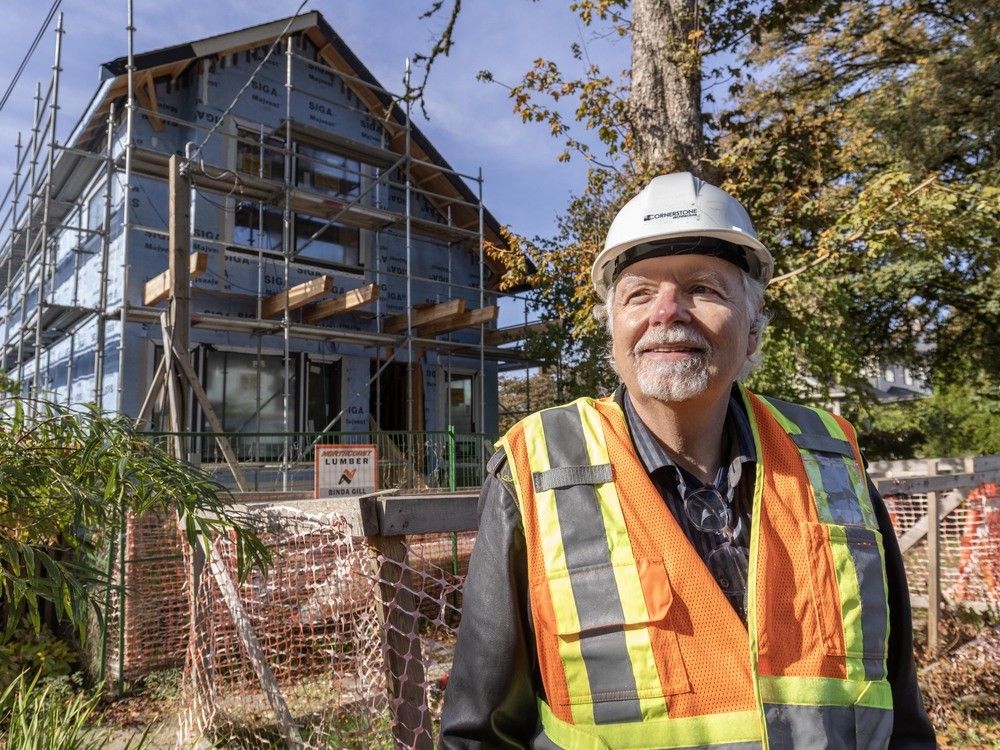
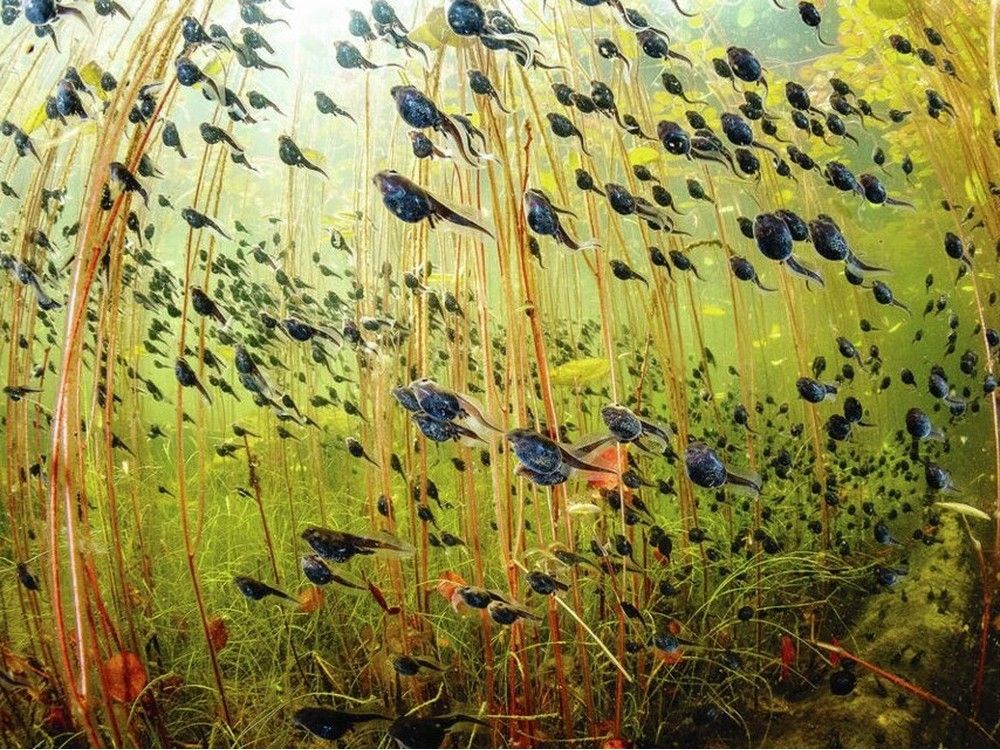
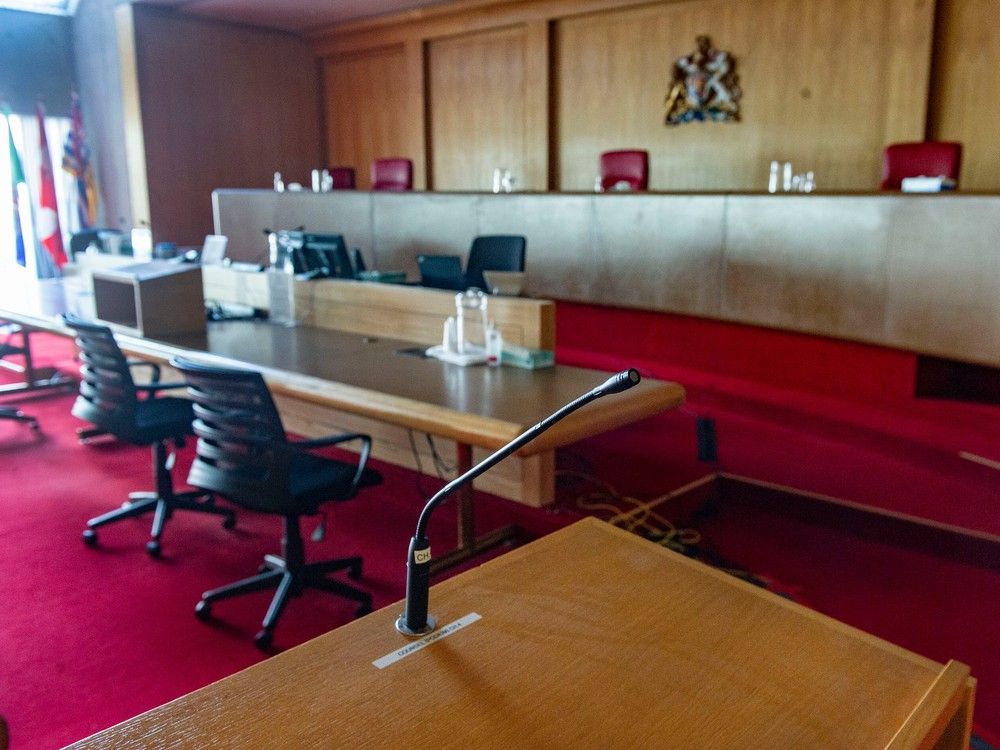




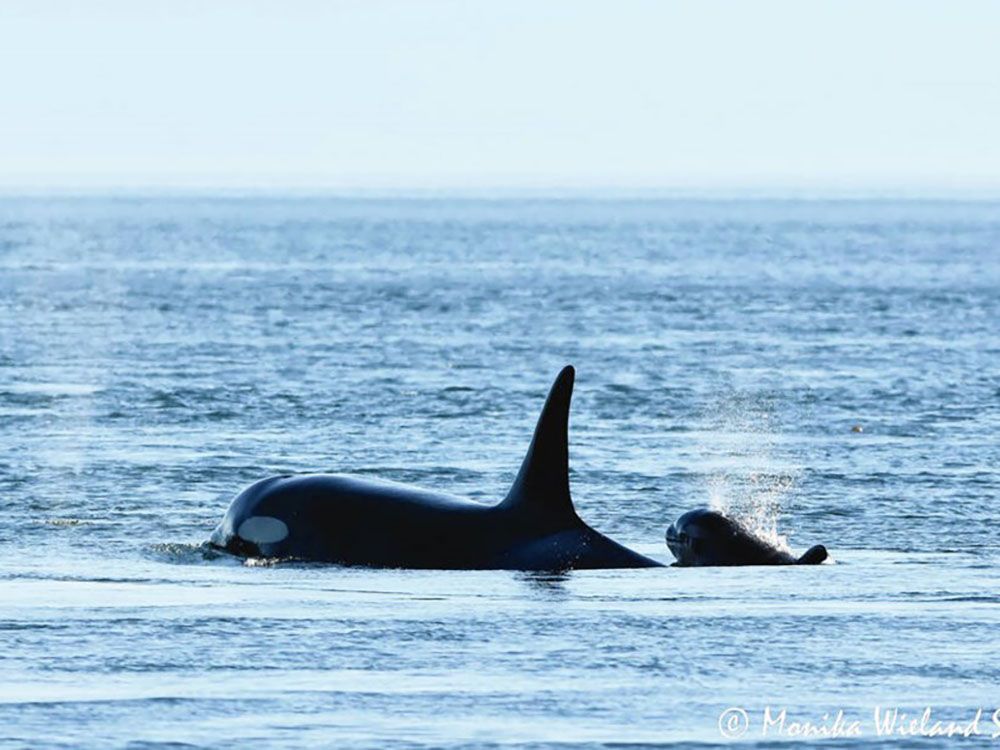
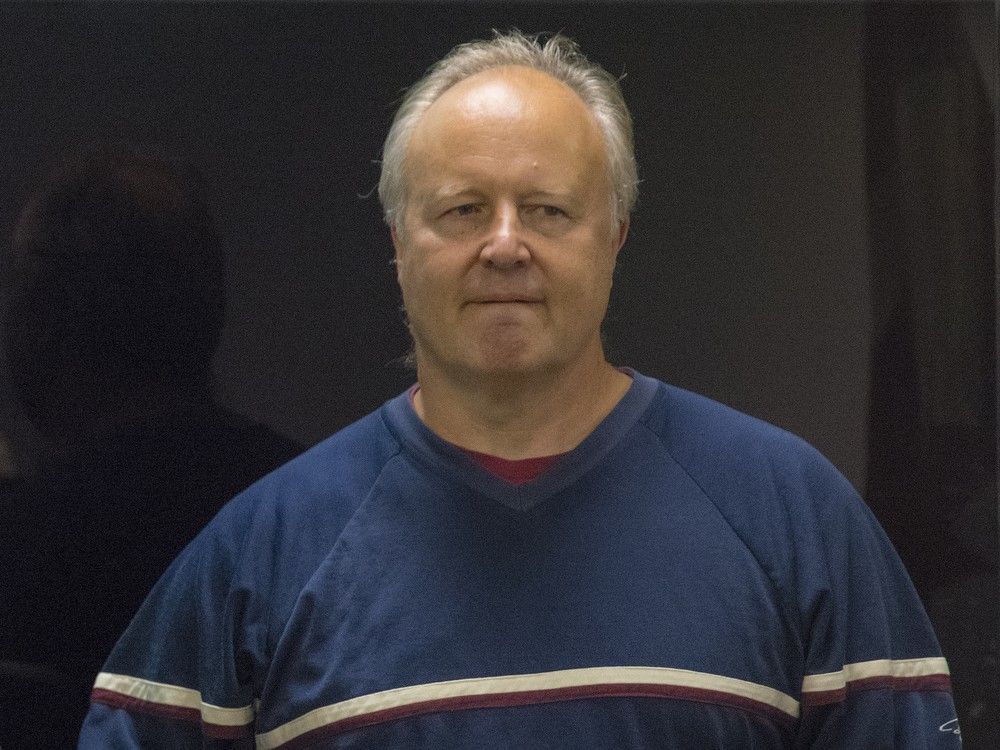

 Bengali (BD) ·
Bengali (BD) ·  English (US) ·
English (US) ·